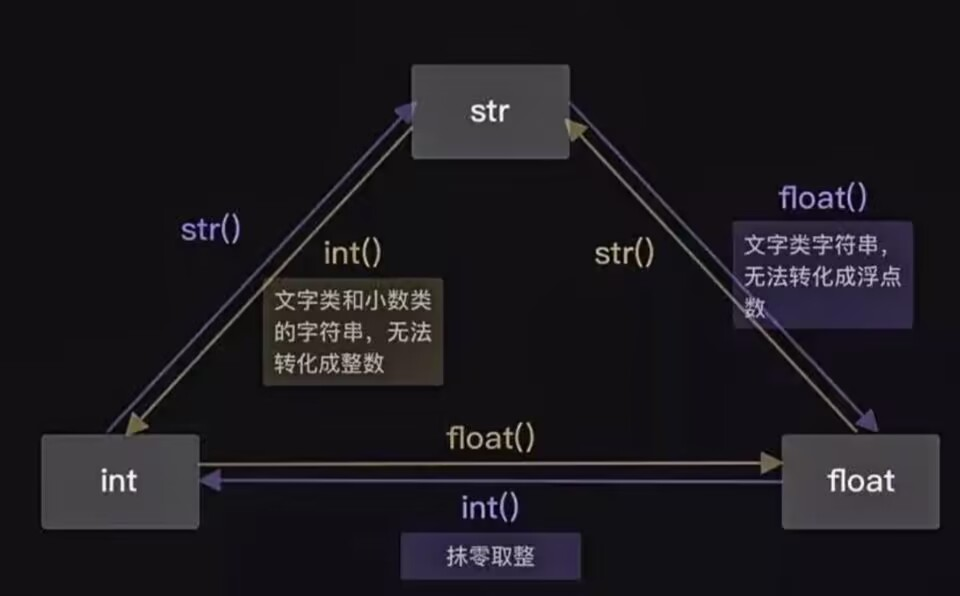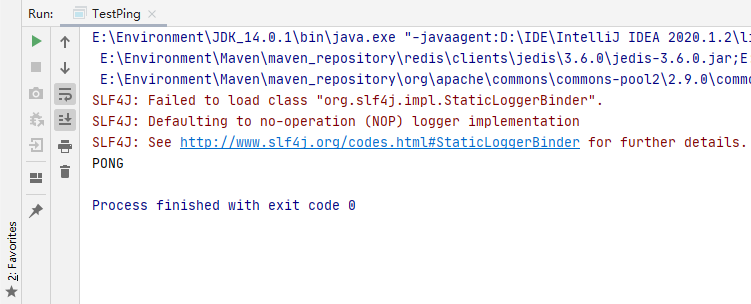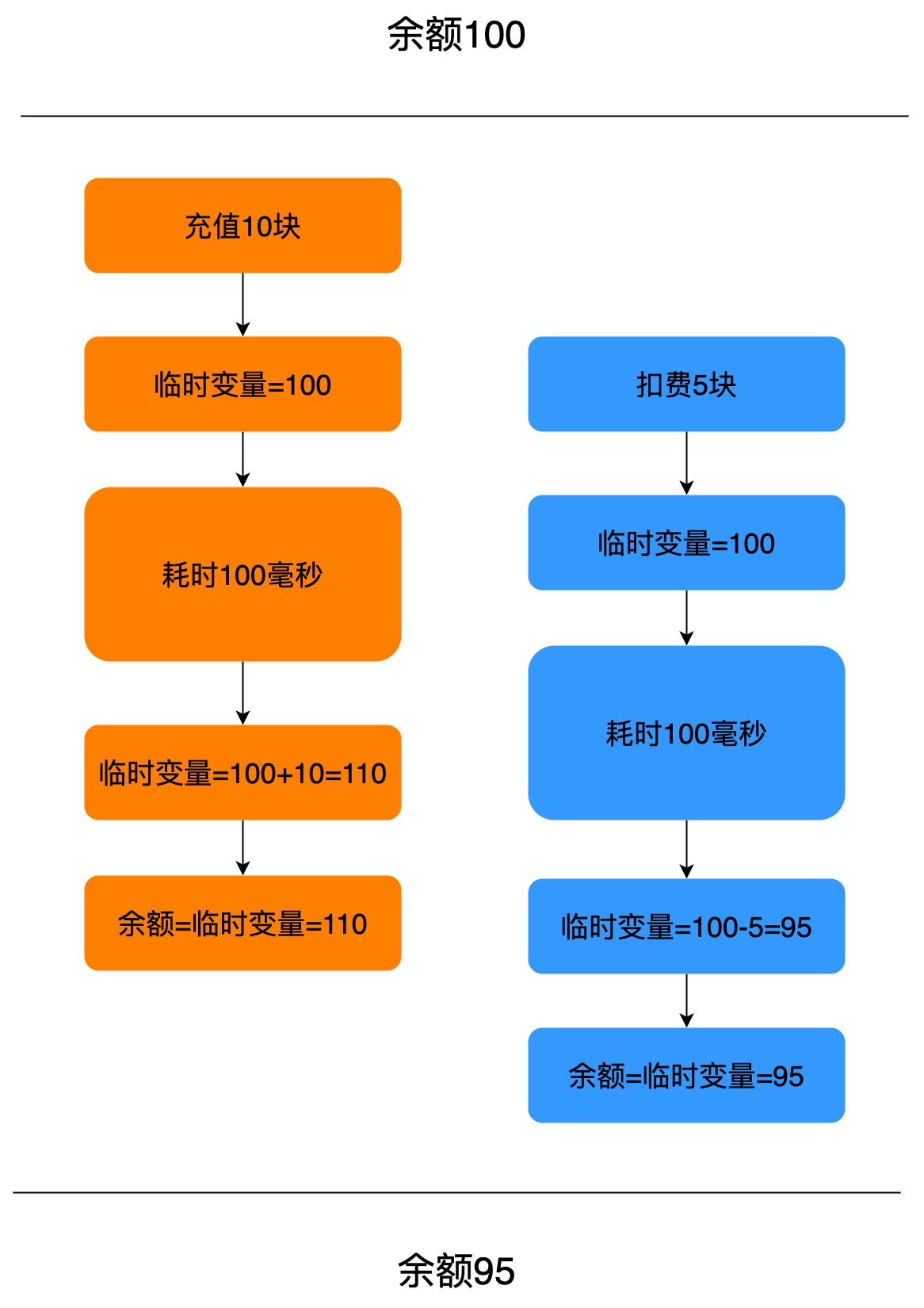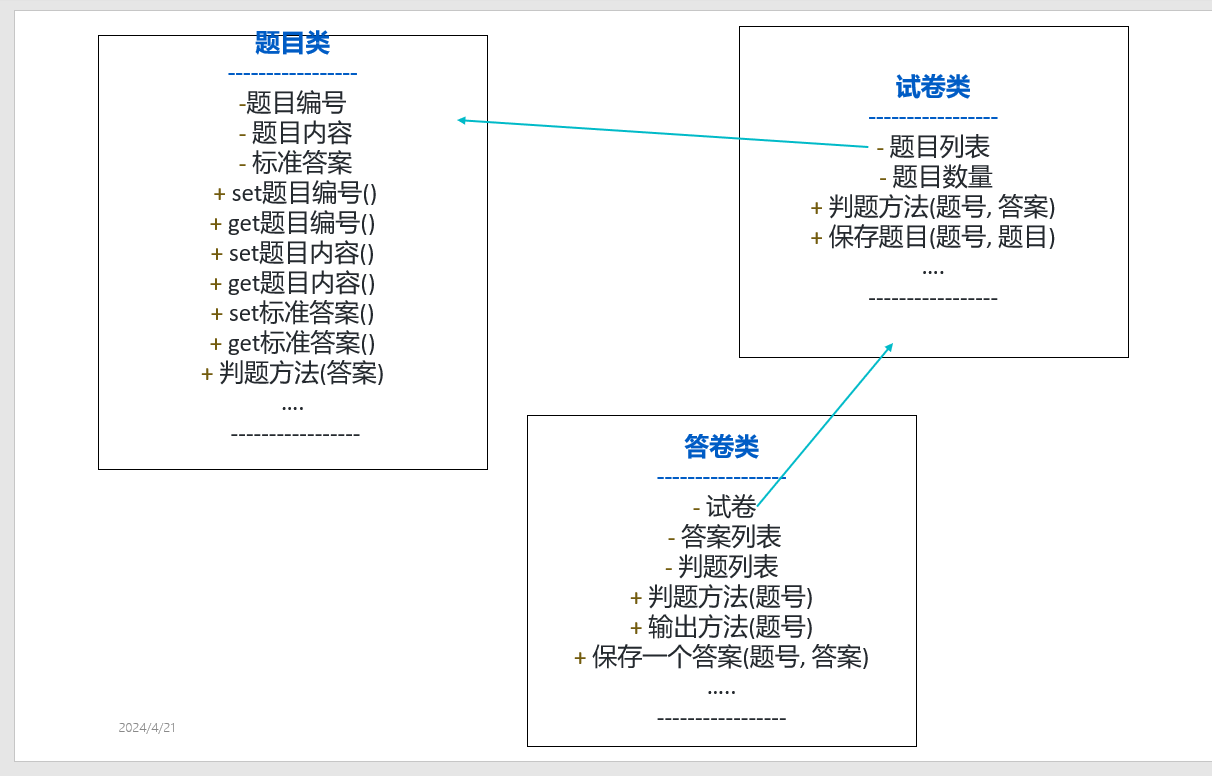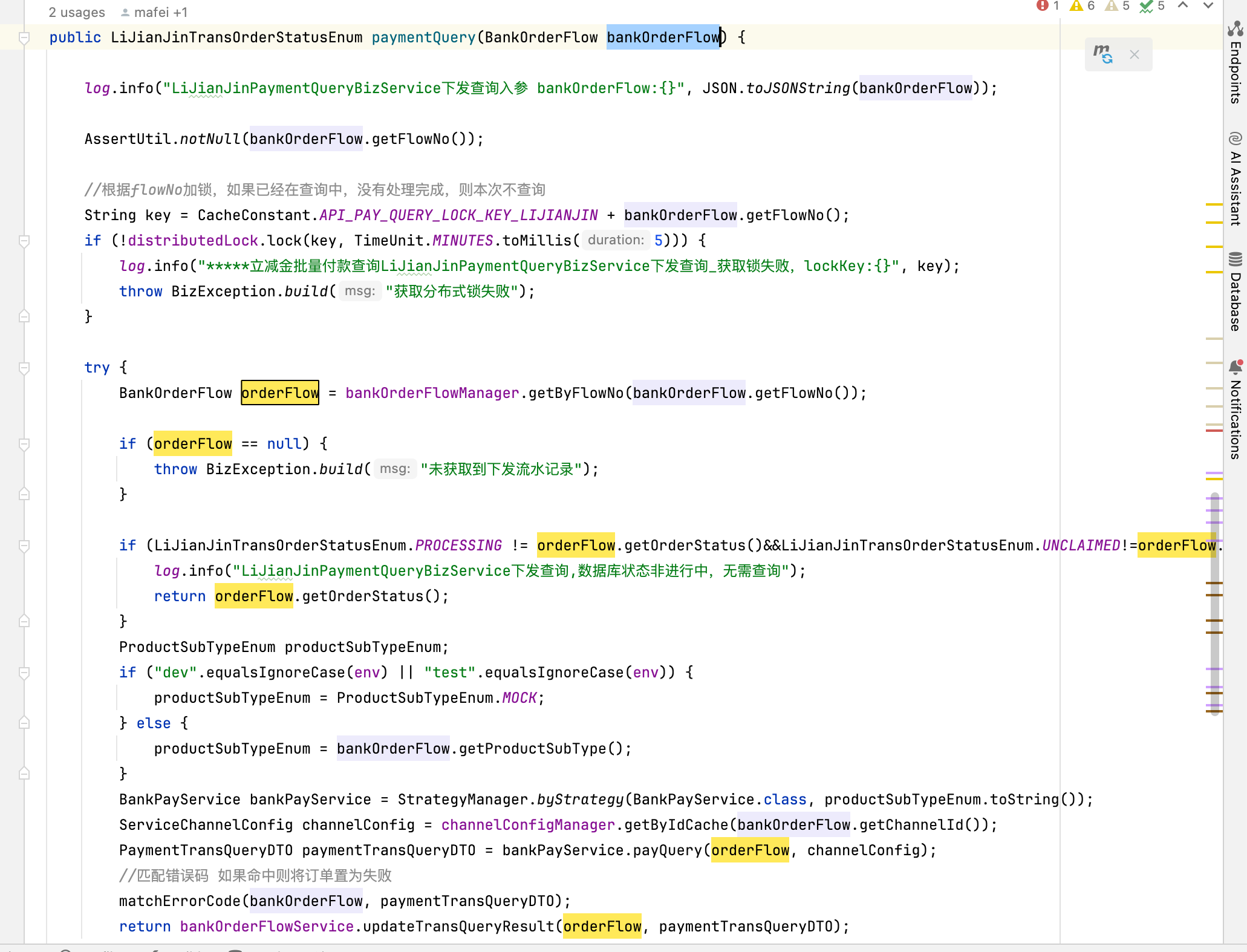ceil()
ceil()函数是这样的:
double ceil(double x)ceil函数可以把x上取整。
例子:
#include <bits/stdc++.h>
using namespace std;
int main() {
double a, b;
cin >> a >> b;
printf("ceil(%.2f) = %.2f\n", a, ceil(a));
printf("ceil(%.2f) = %.2f\n", b, ceil(b));
}运行结果:
floor()
floor()函数是这样的:
double floor(double x)floor函数可以把x上取整。
例子:
#include <bits/stdc++.h>
using namespace std;
int main() {
double a, b;
cin >> a >> b;
printf("floor(%.2f) = %.2f\n", a, floor(a));
printf("floor(%.2f) = %.2f\n", b, floor(b));
}运行结果:

round()
round()函数是这样的:
double round(double x)round函数可以把x上取整。
例子:
#include <bits/stdc++.h>
using namespace std;
int main() {
double a, b;
cin >> a >> b;
printf("round(%.2f) = %.2f\n", a, round(a));
printf("round(%.2f) = %.2f\n", b, round(b));
}运行结果:







